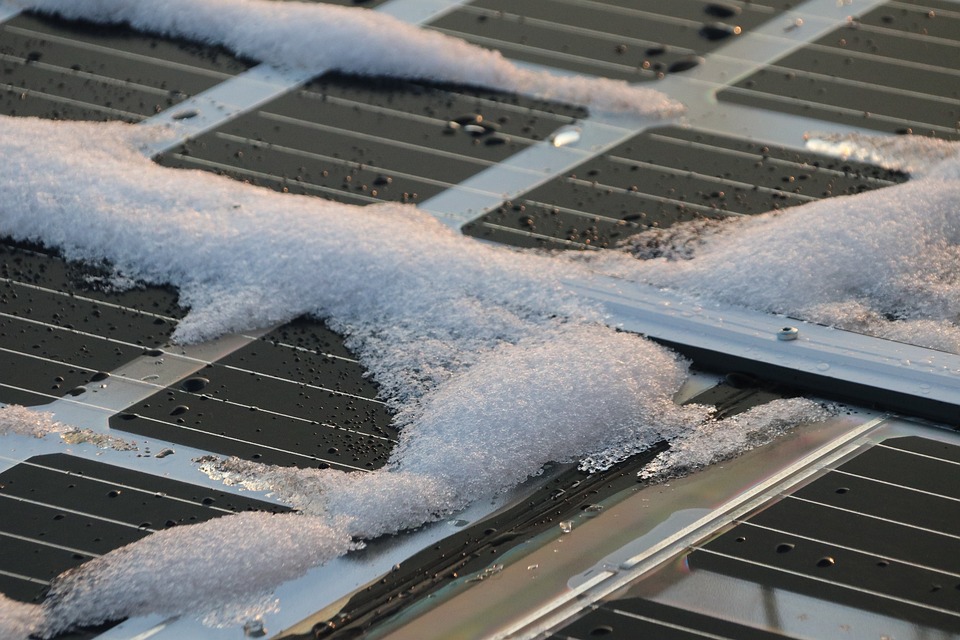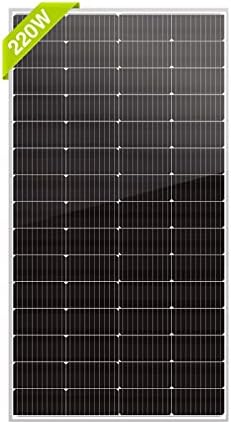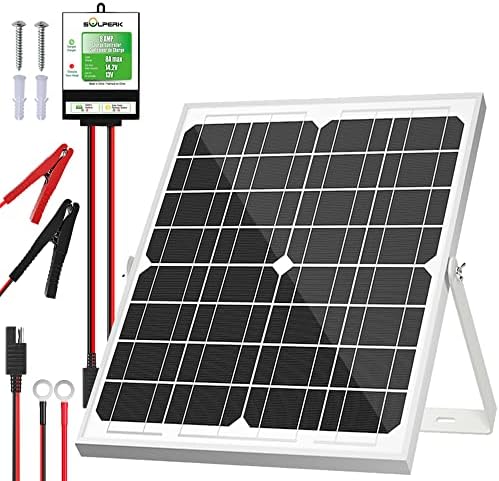Living off the grid has been a life-changing experience for me, and one that has opened my eyes to alternative energy sources like solar panels. When I first made the decision to go off the grid, I knew that relying on traditional grid-based energy sources was no longer an option for me. I began researching and exploring the economics of solar panels, comparing costs and potential savings. What I discovered was truly eye-opening and has had a significant impact on my decision to invest in solar energy. In this article, I’ll be sharing my insights and findings on the economics of solar panels, and how they can potentially save you money in the long run.
As our world continues to grapple with the effects of climate change, the push toward renewable energy sources like solar power has gained significant momentum. Solar panels, in particular, have become a popular choice for those looking to reduce their carbon footprint and save on energy costs. But for many, the initial cost of installing solar panels can be a significant barrier. That’s why it’s important to delve into the economics of solar panels and understand how they compare in terms of costs and potential savings.
The Cost of Solar Panels
When it comes to the cost of solar panels, there are several factors to consider. The initial investment in solar panels can vary depending on the size of the system, the type of panels chosen, and the location of the installation. On average, the cost of a residential solar panel system can range from $15,000 to $25,000, before any incentives or tax credits are applied. While this may seem like a hefty sum, it’s important to consider the long-term savings that solar panels can provide.
Pro tip: When considering the cost of solar panels, be sure to factor in any available incentives and rebates, as well as potential savings on your energy bills over time. These can significantly reduce the upfront cost of installing solar panels.
The Savings of Solar Panels
One of the most significant benefits of solar panels is the potential for long-term savings on energy costs. By generating your own electricity through solar power, you can significantly reduce or even eliminate your reliance on the traditional grid-based energy system. This means potentially lower energy bills, as well as protection against rising energy costs in the future.
Pro tip: When assessing the potential savings of solar panels, consider the average amount of sunlight in your area, as well as the efficiency and output of the solar panels you’re considering. These factors can impact the overall savings of your solar panel system.
Comparing Costs and Savings
When comparing the costs and potential savings of solar panels, it’s important to consider the lifespan of the system. Most solar panels come with a warranty of 25 years or more, and can continue to generate electricity beyond that timeframe. This means that the initial investment in solar panels can continue to provide savings on energy costs for decades to come.
In addition, it’s important to factor in the potential increase in home value that solar panels can provide. Studies have shown that homes with solar panels tend to sell at a premium compared to those without, making the investment in solar panels a potentially lucrative one.
Pro tip: When comparing the costs and savings of solar panels, take into account the potential increase in home value, as well as the long-term savings on energy costs. This can provide a more comprehensive understanding of the overall economics of solar panels.
In conclusion, the economics of solar panels are a complex yet rewarding aspect to consider when exploring renewable energy options. While the initial cost of installing solar panels may seem daunting, the potential for long-term savings and environmental benefits make them a worthwhile investment. By carefully comparing the costs and potential savings of solar panels, you can make an informed decision that benefits both your wallet and the planet. With the advancements in technology and the growing accessibility of solar energy, the future of solar panels looks brighter than ever.



